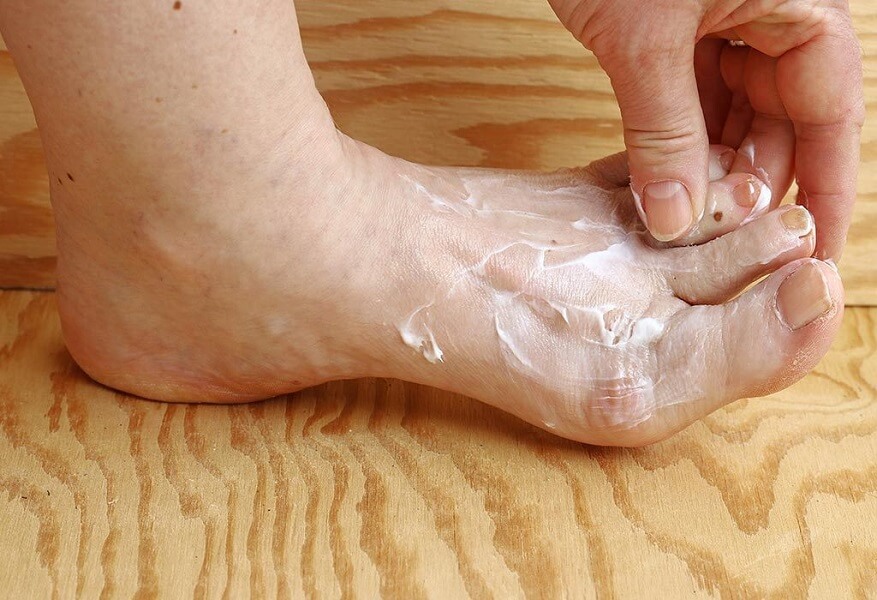Diarrhea is a common condition that affects millions of adults worldwide. It is characterized by loose, watery stools that occur more frequently than usual. While it can be a mild and self-limited condition, it can also be severe and life-threatening, particularly in vulnerable populations such as the elderly and those with weakened immune systems. Nitazoxanide 500 mg helps to cure Diarrhea in adult and children.
Read More: flu like symptoms before labor
In this article, we will discuss the causes, symptoms, diagnosis, treatment, and prevention of diarrhea in adults.
Visit newsdirect
Causes of Diarrhea
Diarrhea can be caused by a wide range of factors, including:
- Infection: The most common cause of diarrhea in adults is infection by viruses, bacteria, or parasites. These infections can be contracted by consuming contaminated food or water, or by coming into contact with infected individuals.
- Food intolerance: Some individuals may experience diarrhea as a result of consuming certain foods to which they are intolerant. Common culprits include dairy products, gluten-containing grains, and artificial sweeteners.
- Medications: Certain medications can cause diarrhea as a side effect. These include antibiotics, antacids, and chemotherapy drugs.
- Digestive disorders: Chronic digestive disorders such as inflammatory bowel disease, irritable bowel syndrome, and celiac disease can all cause chronic diarrhea.
- Stress: Stress can cause diarrhea by altering the normal function of the digestive system.
Symptoms of Diarrhea
The most obvious symptom of diarrhea is loose, watery stools that occur more frequently than usual. Other symptoms may include:
- Abdominal pain and cramping
- Nausea and vomiting
- Dehydration
- Fever
- Blood or mucus in the stool
Diagnosis of Diarrhea
Diagnosis of diarrhea typically involves a thorough medical history and physical exam. In some cases, additional tests may be necessary, including:
- Stool analysis: This involves examining a sample of the stool for signs of infection or inflammation.
- Blood tests: These can help identify underlying conditions such as celiac disease or inflammatory bowel disease.
- Imaging studies: X-rays, CT scans, or MRIs may be used to look for structural abnormalities in the digestive system.
Treatment of Diarrhea
The treatment of diarrhea depends on the underlying cause. In cases of viral or bacterial infection, the goal is to manage symptoms and prevent dehydration while the infection runs its course. This may involve:
- Drinking plenty of fluids: Staying hydrated is essential in cases of diarrhea. It is recommended to drink water, clear broths, or an oral rehydration solution that contains electrolytes.
- Eating bland foods: Eating bland, low-fiber foods such as bananas, rice, applesauce, and toast may help ease symptoms.
- Taking over-the-counter medications: Antidiarrheal medications such as loperamide (Imodium) and nizonide 500 can help reduce the frequency and severity of diarrhea.
- Antibiotics: Antibiotics may be necessary in cases of bacterial infection.
In cases of chronic diarrhea caused by an underlying condition such as irritable bowel syndrome or inflammatory bowel disease, treatment may involve:
- Medications: Prescription medications such as anti-inflammatory drugs or immune-suppressing drugs may be necessary to manage symptoms.
- Dietary changes: Eliminating certain foods from the diet, such as gluten-containing grains or dairy products, may help ease symptoms.
- Surgery: In severe cases of inflammatory bowel disease or other digestive disorders, surgery may be necessary to remove damaged tissue or repair structural abnormalities.
Prevention of Diarrhea
Prevention is always better than cure, and this holds true for diarrhea as well. While diarrhea is a common condition that affects adults worldwide, there are several steps that individuals can take to reduce their risk of developing this condition. In this article, we will discuss some key strategies for preventing diarrhea.
- Practice Good Hygiene
One of the most effective ways to prevent diarrhea is to practice good hygiene. This includes washing your hands regularly with soap and water, particularly before eating or preparing food, after using the bathroom, and after coming into contact with someone who is sick. If soap and water are not available, use an alcohol-based hand sanitizer.
- Drink Safe Water
Drinking contaminated water is a common cause of diarrhea, particularly when traveling to countries with poor sanitation. To reduce your risk, drink only bottled or boiled water, and avoid ice cubes and tap water. It is also important to be cautious when brushing your teeth, as even a small amount of contaminated water can lead to infection.
- Cook Food Thoroughly
Cooking food thoroughly is another important way to prevent diarrhea. Make sure that meat, poultry, and seafood are cooked to the appropriate temperature to kill any harmful bacteria. When reheating leftovers, make sure they are heated to a temperature of at least 165°F (74°C) before consuming.
- Avoid High-Risk Foods
Certain foods are more likely to cause diarrhea than others. To reduce your risk, avoid foods that are high in fat, sugar, or fiber, as these can be difficult to digest. It is also important to avoid raw or undercooked meat, poultry, and seafood, as well as unpasteurized dairy products, which can harbor harmful bacteria.
- Practice Safe Food Handling
In addition to cooking food thoroughly, it is also important to practice safe food handling to prevent contamination. This includes washing your hands before and after handling food, using separate cutting boards for raw meat and other foods, and keeping hot foods hot and cold foods cold.
- Stay Hydrated
Staying hydrated is essential in preventing diarrhea, as dehydration can exacerbate symptoms and prolong the duration of the illness. Make sure to drink plenty of fluids, including water, clear broths, and sports drinks that contain electrolytes. It is also important to avoid caffeine and alcohol, which can dehydrate the body.
- Be Cautious When Traveling
Traveling to countries with poor sanitation can increase your risk of developing diarrhea. To reduce your risk, avoid drinking tap water and eating food from street vendors or markets. It may also be helpful to take probiotics, which can help replenish the gut with healthy bacteria and reduce the risk of infection.
In conclusion, diarrhea is a common condition that can be caused by a variety of factors, including infection, food intolerance, medication, digestive disorders, and stress. While it can be a mild and self-limited condition, it can also be severe and life-threatening, particularly in vulnerable populations such as the elderly and those with weakened immune systems. By taking steps to practice good hygiene, avoid contaminated food and water, and maintain a healthy diet and lifestyle, individuals can reduce their risk of developing diarrhea and promote overall digestive health.





